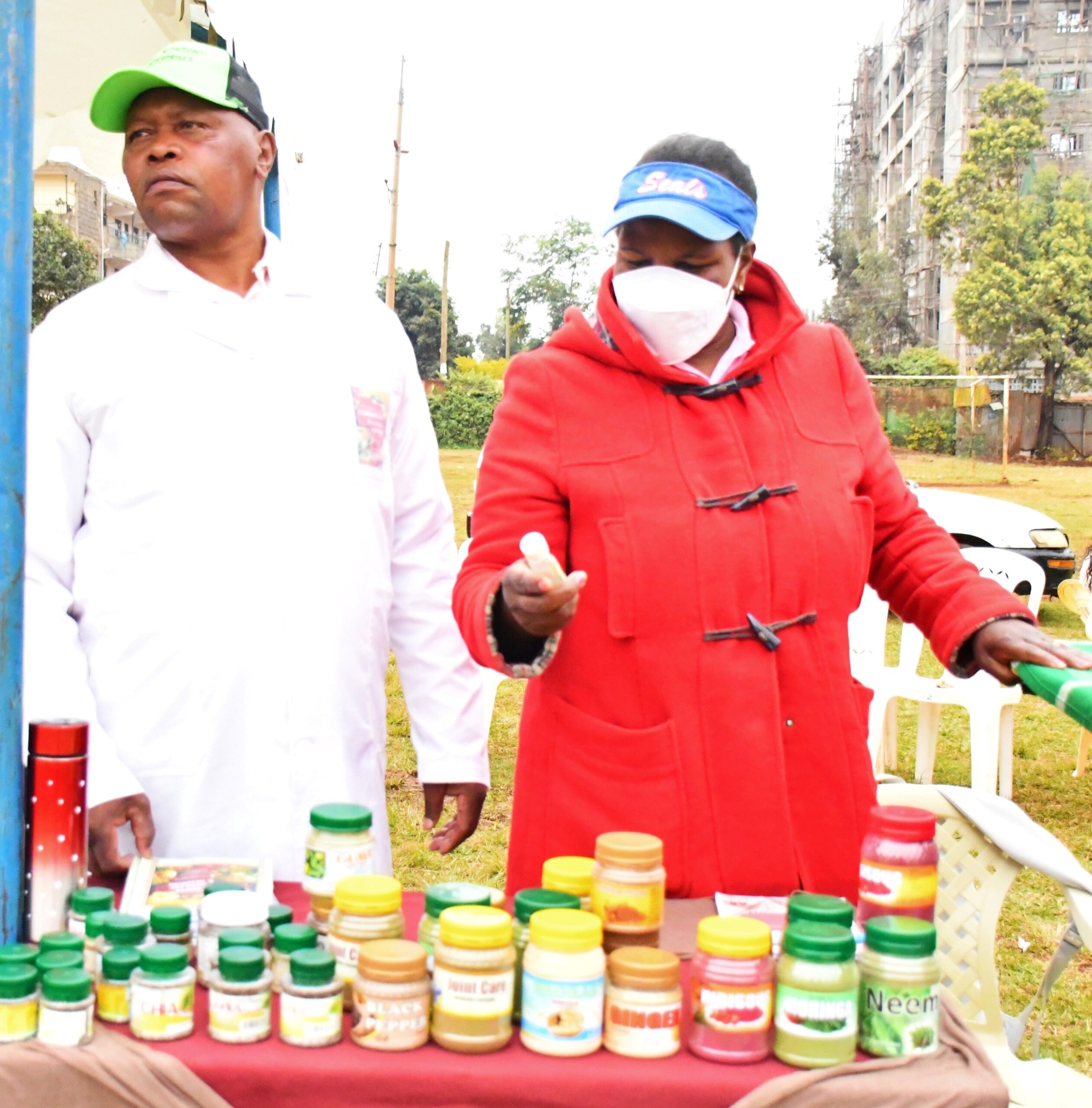About 33 Persons with Albinism in Kericho county have today turned out for free skin cancer screening at Kericho County Referral Hospital as the world marked the International Albinism Awareness Day.
Speaking during the event, Kericho County Disability Services Officer Ms. Hellen Tuei said lack of melanin means persons with albinism are highly vulnerable to developing skin cancer and urged the locals to allow their relatives who are albinos to come out for the screening.
Ms. Tuei however added that skin cancer is highly preventable when persons with albinism enjoy their right to health which includes access to regular health checks, sunscreen, sunglasses, and sun-protective clothing.
The Disability Officer also pointed out that due to a lack of melanin in the skin and eyes, persons with albinism often have a permanent visual impairment and that is the reason the government is providing handheld vision aids known as monocular to students with albinism.
“Today, we are pleased to give the monocular device to three students with albinism in Kericho county to aid them in reading small writings on the board,” remarked Ms. Tuei
According to Tuei, in the realm of development measures, persons with albinism have been and are among those “left furthest behind” therefore, they ought to be targeted for human rights interventions in the manner envisioned by the Sustainable Development Goals.
“Albinos also face discrimination due to their skin colour; as such, they are often subject to multiple and intersecting discrimination on the grounds of both disability and color and we need to include them in all aspects of decision-making in life,” added Tuei.
Tuei also reported that after the skin cancer screening, those found with traces of cancer on their skin undergo cryotherapy which is a procedure in which an extremely cold liquid or an instrument called a cryoprobe is used to freeze and destroy abnormal tissue.
“Last year, one of the albinos here in Kericho county went through the procedure successfully so we encourage more albinos to turn up for the screening to take early precautions against skin cancer,” Tuei stressed.
The International Albinism Day commemorated every 13th of June amplifies the voices and visibility of persons with albinism in all areas of life as well as highlighting the plights they grapple with on their day-to-day basis noting that there is no cure for the absence of melanin that is central to albinism.
According to United Nations, albinism which is a lack of pigmentation (melanin) in the hair, skin, and eyes is a rare, non-contagious, genetically inherited difference present at birth with almost all types of albinism, both parents must carry the gene for it to be passed on, even if they do not have albinism themselves.

